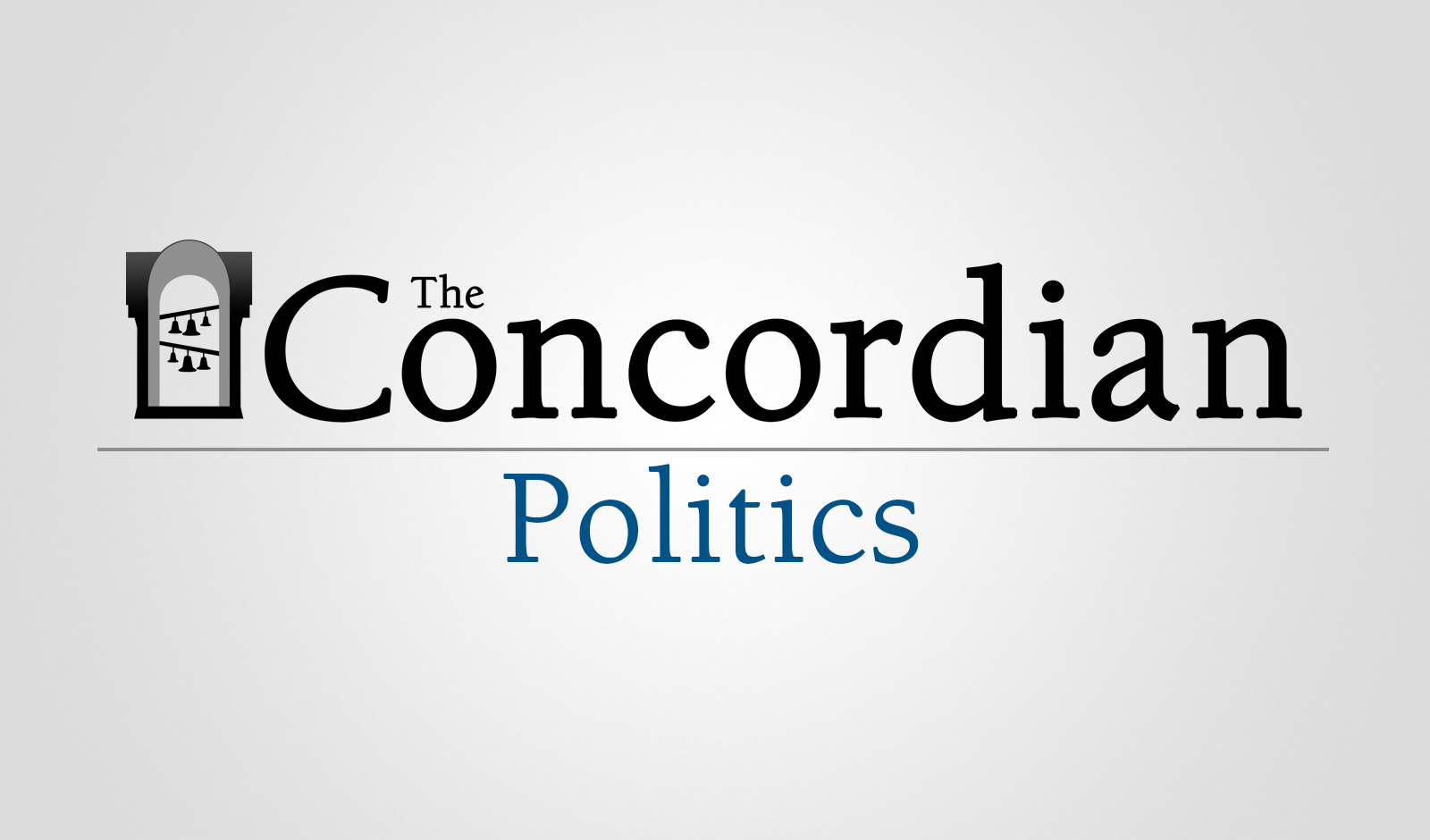Threats of war from North Korea are nothing new. The Stalinist country has long played the part of the town drunk that’s been kicked out of the bar and now sits outside challenging people to a fight. Their most recent outburst of aggressive rhetoric has certainly been of a larger magnitude than has been the norm. Within the past 2 months alone the North Korean leadership has conducted their third nuclear test, placed their military on “maximum alert”, has been suspected of launching cyber-attacks on South Korea, placed forces on standby to strike the US mainland, announced that it has scrapped the 1953 armistice and entered a “state of war”, restarted a uranium enrichment plant to increase its nuclear weapons arsenal, ordered the shutdown of the joint North-South Korean Kaesong industrial complex, and has voiced various other threats directed at the US and South Korea (including the release of several bizarre propaganda videos depicting New York City in flames, Washington D.C. under attack, and an invasion of South Korea).
Despite all of this, many experts agree that there is little threat from North Korea. The regime governing North Korea knows that this would be tantamount to suicide. While they have the ability to inflict heavy damage on Seoul due to it being within range of their artillery and could potentially have the advantage in early days of a war due to the sheer manpower of the North Korean military, they would quickly succumb to the vastly superior capabilities of the technologically advanced US military. Their ability to successfully strike the US mainland is also heavily doubted. In rare cases the North has actually taken offensive military action, such as in 2010 when it shelled a South Korean island killing 4 South Koreans, however it is doubtful something similar will occur in the present situation considering that South Korean President has ordered their military to respond to any attack strongly and “without political consideration”. It seems as though North Korea’s belligerent behavior of late is more geared towards maintaining credibility with the North Korean people than anything else.
North Korea has traditionally attempted to use threats to get what they want, and most of the world has grown tired of it. Even China, Pyongyang’s sole ally, seems to be getting fed up with them. The trade relationship between the two is vastly one-sided, in 2009 China was the main trade partner of North Korea but North Korea only ranked 82nd in China’s export market. North Korea is almost entirely dependent on China, receiving 90% of their energy imports, 80% of consumer goods, and 45% of their food supply from them. While China has long viewed their alliance with North Korea as an important strategic counter to the US presence in South Korea and Japan, there are signs that many within China are now viewing the costs as outweighing the benefits. The Chinese People’s Political Consultative Conference recently debated whether to “keep or dump” North Korea. Chinese relations with the US as well as South Korea have vastly improved since the days of the Korean War. It even voted in favor of the latest round of sanctions against North Korea in a sign of their changing attitude.
China, more than any other country, has the potential to influence North Korea where just about everyone else has failed. China’s own economic transformation could be used as a model for implementing similar reforms in North Korea. North Korea has long resisted any change to its command economy but recently the regime appointed Pak Pong-ju as Prime Minister, a man previously sacked for being “too capitalist” who is believed to favor Chinese-style reforms. Given the dire economic situation facing North Korea, China should use their unique position to prod the regime towards abandoning its aggressive, confrontational foreign policy and ending its extreme isolation. Recently the US has reached out to China for help diffusing the current tensions. Ideally, China will not only assist with such efforts but possibly take them a step further and begin to pressure the North Korean regime to implement economic and (just maybe) political reforms as well. At this point they seem to be the only ones capable of that.


Perfect analogy to the drunk on the steps of the bar!! Great Article